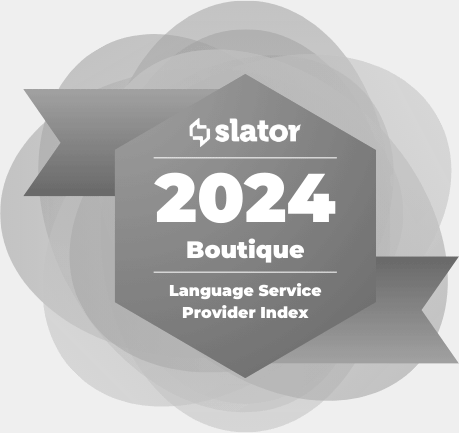Below are the key components of the $940 billion health care overhaul bill (H.R. 3590) that is scheduled to take almost a decade to roll out in full. Click here to cast your vote!
2010 – Coverage
- Subsidies begin for small businesses to provide coverage to employees.
- Insurance companies barred from denying coverage to children with pre-existing illness.
- Children permitted to stay on their parents’ insurance policies until their 26th birthday.
2011 – Coverage and Taxes/Fees
- Set up long-term care program in which people pay premiums into system for at least five years and then become eligible for support payments if they need assistance in daily living.
- Drug makers face annual fee of $2.5 billion (rises in subsequent years).
2013 – Coverage and Taxes/Fees
- New Medicare taxes on individuals earning more than $200,000 a year and couples filing jointly earning more than $250,000 a year. Tax on wages rises to 2.35% from 1.45%. New 3.8% tax on unearned income such as dividends and interest.
- Excise tax of 2.9% imposed on sale of medical devices.
2014 – Coverage and Taxes/Fees and Cost Control
- Create exchanges where people without employer coverage, as well as small businesses, can shop for health coverage. Insurance companies barred from denying coverage to anyone with pre-existing illness.
- Requirement begins for most people to have health insurance. Subsidies begin for lower and middle-income people. People at 133% of federal poverty level pay maximum of 3% of income for coverage. People 400% of poverty level pay up to 9.5% of income. (Poverty level currently is about $22,000 for a family of four.)
- Medicaid, the federal-state program for the poor, expands to all Americans with income up to 133% of federal poverty level.
- Subsidies for small businesses to provide coverage increases. Businesses with 10 or fewer employees and average annual wages of less than $25,000 receive tax credit of up to 50% of employer’s contribution. Tax credits phase out for larger businesses.
- Independent Medicare board must begin to submit recommendations to curb Medicare spending, if the costs are rising faster than inflation.
2016 – Taxes/Fees
- Penalty for those who don’t carry coverage rises to 2.5% of taxable income or $695, whichever is greater.
2017 – Coverage
- Businesses with more than 100 employees can buy coverage on insurance exchanges, if state permits it.
2018 – Taxes/Fees
Excise tax of 40% imposed on health plans valued at more than $10,200 for individual coverage and $27,500 for family coverage.





